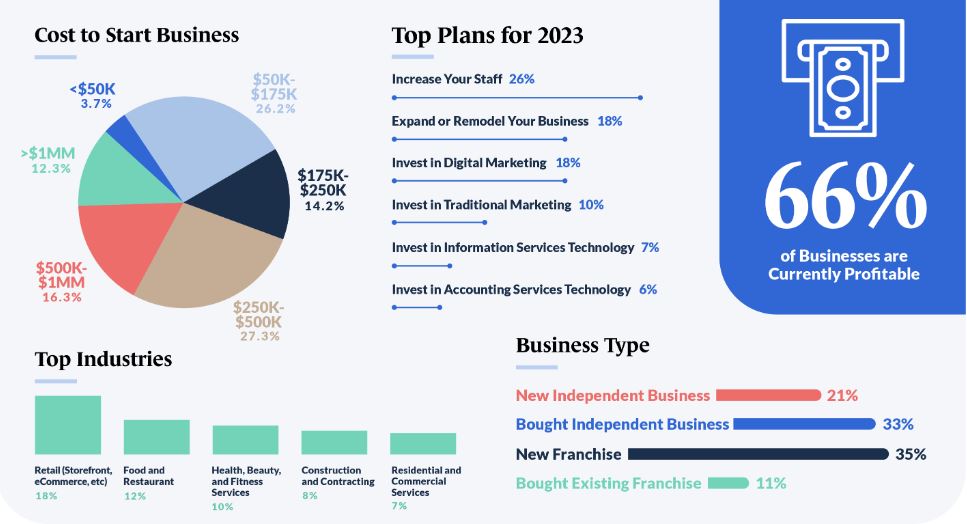Introduction:
In the dynamic world of business, franchising has emerged as a popular model for entrepreneurial success. Franchising offers individuals the opportunity to own and operate a business under an established brand, leveraging the success and proven systems of the franchisor. However, the path to becoming a franchisee often involves a significant financial investment. This is where the concept of “Franchise Loans” becomes essential, providing aspiring entrepreneurs with the necessary capital to embark on their franchising journey. In this article, we will delve into the intricacies of Franchise Loans, exploring their importance, features, and impact on business expansion.
Understanding Franchising:
Franchising is a business arrangement in which an individual (the franchisee) is granted the right to operate a business using the trademarks, branding, and established systems of the franchisor. The franchisee pays fees and royalties to the franchisor in exchange for ongoing support, training, and the use of a recognized brand. This model has proven successful across various industries, from fast-food chains to retail outlets, providing a structured approach for business ownership.
The Need for Franchise Loans:
While franchising offers a proven blueprint for success, the initial investment required can be a significant barrier for potential franchisees. Franchise fees, equipment purchases, and other startup costs can quickly add up, making it challenging for aspiring entrepreneurs to enter the franchise market without financial support. Franchise Loans address this need by providing the necessary capital to individuals who have the skills and passion to run a business but lack the upfront funds required for a franchise investment.
Key Features of Franchise Loans:
1. Franchise-Specific Financing:
Franchise Loans are tailored to the unique needs of franchisees. Lenders specializing in franchise financing understand the specific requirements and risks associated with franchising, offering loan products that align with the business model.
2. Collaboration with Franchisors:
Financial institutions providing Franchise Loans often collaborate with established franchisors. This collaboration ensures that the loan terms are compatible with the franchisor’s requirements and that the franchisee receives the necessary support and resources to succeed.
3. Flexible Loan Structures:
Recognizing the diverse nature of franchising opportunities, Franchise Loans often come with flexible structures. This may include options for variable interest rates, repayment terms tailored to cash flow, and the ability to finance various aspects of the franchise investment.
4. Risk Mitigation Strategies:
Franchise Loans may incorporate risk mitigation strategies to protect both the lender and the franchisee. This can include thorough due diligence on the franchisor’s track record, evaluation of market demand, and consideration of the franchisee’s business acumen.
Benefits of Franchise Loans:
1. Access to Established Brands:
Franchise Loans enable aspiring entrepreneurs to tap into the success of established brands. This access to recognized names in the market significantly reduces the risks associated with starting a new, independent business.
2. Proven Business Models:
Franchise Loans support the implementation of systems and processes that have been tested and refined, increasing the likelihood of business success.
3. Training and Support:
Beyond financial assistance, Franchise Loans often come with additional benefits such as training programs, operational support, and access to the franchisor’s network. This comprehensive support enhances the franchisee’s ability to run a successful business.
4. Economies of Scale:
Franchise Loans contribute to the creation of economies of scale. As more franchisees join a network, the franchisor can negotiate better deals with suppliers, reducing costs for individual franchisees and improving overall profitability.
Case Studies:
To illustrate the impact of Franchise Loans, let’s explore a couple of real-world examples where such financial support has played a pivotal role.
1. Fast-Food Franchise in India:
An aspiring entrepreneur in India dreamed of owning a fast-food franchise but lacked the necessary capital. With the assistance of a Franchise Loan, the individual was able to secure the franchise rights, set up the restaurant, and receive training from the franchisor. The business thrived, benefiting from the global brand recognition and support systems.
2. Retail Franchise in the United States:
In the United States, a small-business owner sought to expand through franchising but faced financial constraints. A Franchise Loan provided the required capital to open multiple franchise locations. The loan’s flexibility allowed the business to adapt to different market conditions, contributing to the success of the overall franchise network.
Challenges and Future Outlook:
While Franchise Loans offer numerous advantages, challenges exist in ensuring their widespread availability and effectiveness.
1. Risk Assessment:
Lenders must carefully assess the risks associated with each franchise opportunity. Not all franchises are created equal, and due diligence is essential to ensure that the business model is viable, the market is receptive, and the franchisor has a track record of success.
2. Education and Awareness:
Many potential entrepreneurs may be unaware of the availability of Franchise Loans. Educating aspiring business owners about these financing options and their benefits is crucial for fostering entrepreneurship and economic growth.
3. Market Conditions:
Economic fluctuations can impact the success of franchised businesses. Lenders and franchisors must work together to navigate changing market conditions and implement strategies that ensure the resilience of franchise networks.
In the future, the landscape of Franchise Loans may evolve with advancements in financial technology and changes in consumer behavior. Continued collaboration between financial institutions, franchisors, and regulatory bodies will be essential to create an environment conducive to entrepreneurial success.
Conclusion:
Franchise Loans serve as a catalyst for entrepreneurial dreams, providing individuals with the financial means to enter the world of franchising. By bridging the gap between aspirations and financial constraints, these loans contribute to the growth of successful businesses, job creation, and the expansion of recognized brands. As the global business landscape continues to evolve, Franchise Loans stand as a testament to the importance of innovative financing solutions in empowering entrepreneurs and fostering economic development.
